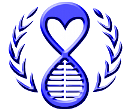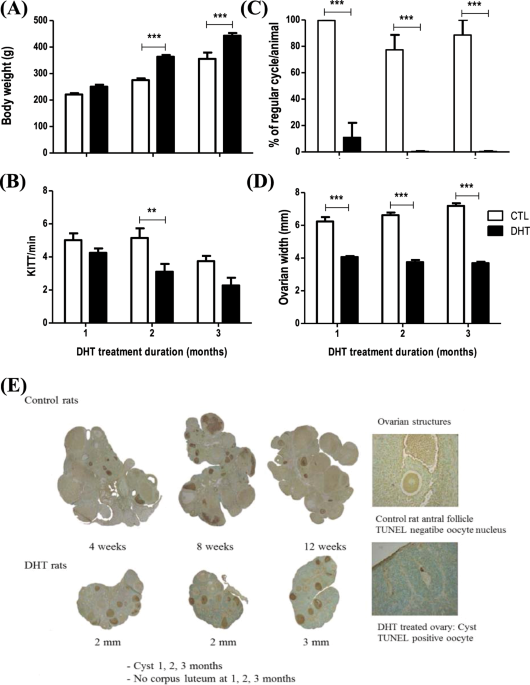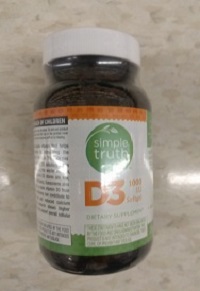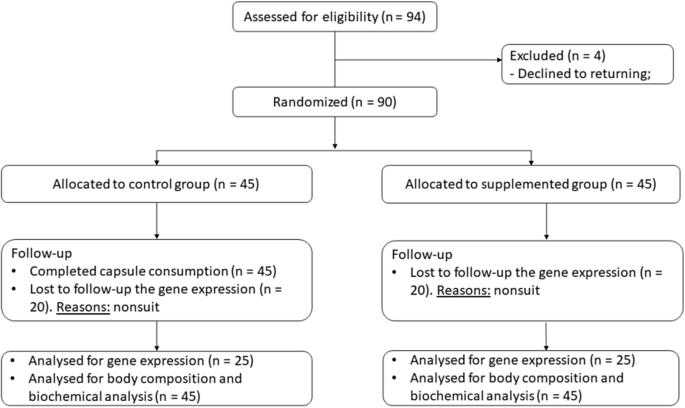For those that want to pursue niacinamide then do what Turnbuckle suggested in his thread I referenced. One day of topical niacinamide and ribose and two days of topical stearic acid. Repeat a few cycles. We shouldn't need continual fission with niacinamide and ribose but after some repair cycles should only need stearic acid which is mentioned in some hair loss patents too.
What it all boils down to is that females just have better fission and fusion function.
These mitochondria are damaged in the study below but not senescent because senescent cells are larger and flattened and the researchers called the balding cells similar in shape but smaller.
Male pattern baldness is a common, androgen-dependent skin problem in adult men which is not well understood, although androgens are believed to act on the hair follicle via the mesenchyme-derived dermal papilla situated in the middle of the hair follicle bulb. Since dermal papilla cells retain...

pubmed.ncbi.nlm.nih.gov
This is interesting also that at least in a PCOS model that dht is driving fission too hard. Too much fission in the mitochondria results in cell apoptosis. In other words we may want more fusion to balance out the fission.
Explore millions of resources from scholarly journals, books, newspapers, videos and more, on the ProQuest Platform.

www.proquest.com
The thecal cells in the dht treated ovary were smaller in size JUST LIKE THE study of balding dermal papilla in the Randall study above:
In this study, we investigated in an androgenized rat model the involvement of autophagy and mitochondrial dynamics in granulosa cells in the pathogenesis of polycystic ovarian syndrome (PCOS) and its modulation by exogenous gonadotropin (eCG). We found 5α-dihydrotestosterone (DHT) treatment...

www.nature.com
in one-month DHT-induced rat, we found an induction of early antral granulosa cell apoptosis, follicular growth arrest, disrupted folliculogenesis and anovulation, but without systemic changes (e.g. body weight changes and insulin sensitivity index). We also observed the accumulation of small atypical follicles and a reduction in ovarian length and weight, features that are characteristic of the fifteen days
21 and three-month DHT-induced model
20,
2
In PCOS (Fig.
8A), androgen excess results in the up-regulation of Drp1 leading to overabundant increased mitochondrial fission. This dysregulation in mitochondrial fission results in an increased in apoptosis and possibly autophagy, leading to early antral follicular growth arrest.
Counterpoint, in this study it looks like to me we have too much fusion in male pattern baldness. Cells are stuck in catagen(IIRC) and have become apoptosis resistant and hence no hair growth.
Mitochondrial hyperfusion has recently been shown to function as a cellular stress response, providing transient protection against apoptosis and mitophagy. However, the mechanisms that mediate this response remain poorly understood. In this study, ...

www.ncbi.nlm.nih.gov
Neutralizing stress with either GSH or ROS scavengers effectively blocked mitochondrial fusion, indicating that this is a requisite event for fusion even in steady state. As a more global stress response, we note that increased GSSG levels have been reported in many of the physiological conditions associated with mitochondrial hyperfusion, including the transition between G1/S, to cellular senescence and starvation-induced autophagy [
21–23].
It has been proposed that hyperfused mitochondria will render the cells resistant to cell death and mitophagy [
5






